Tonight,I finally finished Free Food for Millionaires, by Min Jin Lee. It only took me two months, reading mostly in bed before falling asleep (I am embarrassed to admit how slowly I make it through books these days!). But it also is a long book – 556 pages – so I have an excuse. I’ve been reading Free Food For Millionaires for so long that I feel like it’s hard even to summarize or review. But here goes.
The book is about several Korean-Americans living in New York in the mid-90s. The main character, if there is one, is Casey Han, the daughter of Korean immigrants who run a dry cleaning store in Manhattan. She grew up in Queens and attended Princeton on scholarship, and the book opens soon after she has graduated. The book also follows the lives of Casey’s parents, her sister, her friend Ella, and Ella’s cousin, husband, and father.
What I loved about this book was the glimpse into the lives of these Korean-Americans and their values, aspirations, relationships and private thoughts. Over the course of the book, Lee manages to make each of the characters multi-dimensional, painting them in shades of grey that humanize and complicate them. I found Casey frustrating in some ways – I couldn’t understand some of the decisions she made, and at times I found her maddeningly cool and detached. But over time I did really grow attached to her and the other characters, and cared until the end about what happened to them.
I enjoyed Lee’s use of detail – she sets up scenes beautifully and throws in little observations that really nail whatever she’s writing about, whether it’s a college reunion, an investment bank’s training program, or a Korean church. I also liked her exploration of relationships and marriage. Infidelity is a recurring theme, though she also spends a lot of time depicting deep, honest love.
On the downside, the book is long and somewhat slow. Not that much actually happens. There were times when I expected a bombshell that never came. Perhaps that is the point of her book – a five-year slice of these people’s lives, with their everyday challenges and small ripples, punctuated every now and again by an affair or a divorce or a new job, is interesting enough to merit observation and celebration.
I also have some nitpicks with the narration. Sometimes the omniscient third-person narration was a bit jarring. For example, after spending a chapter or two focused on Casey, it was a bit odd suddenly to read another character’s objective, almost vague description of her. I am not sure how Lee could have gotten around this challenge, but I just found it odd every now and again.
Free Food for Millionaires may not be for everyone, but I enjoyed it a great deal and would recommend it to anyone that finds the dust jacket intriguing. Min Jin Lee is a beautiful writer. I am eager to see what other stories she has inside her, waiting to be told.
Please weigh in if you’ve read this book.



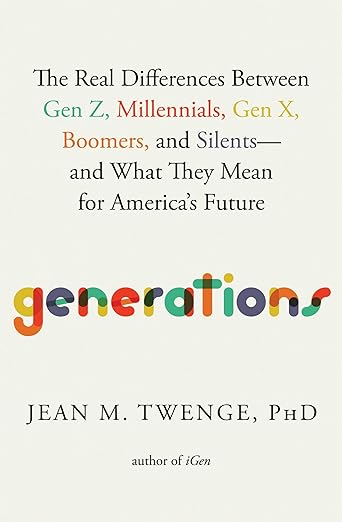
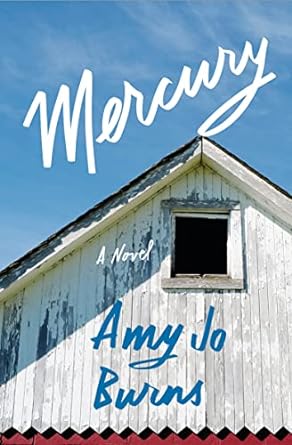
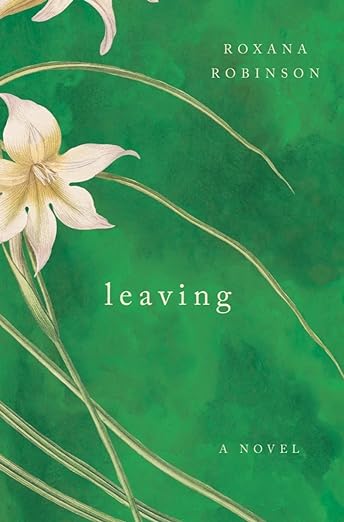
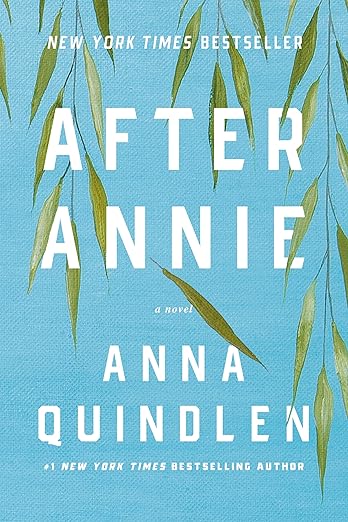
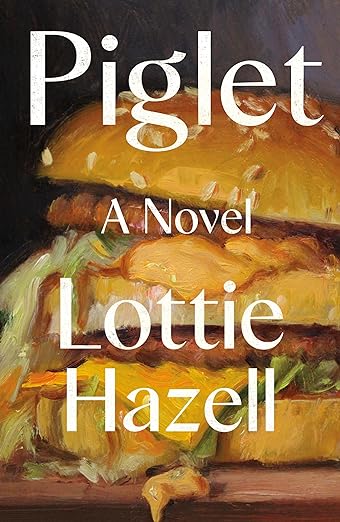
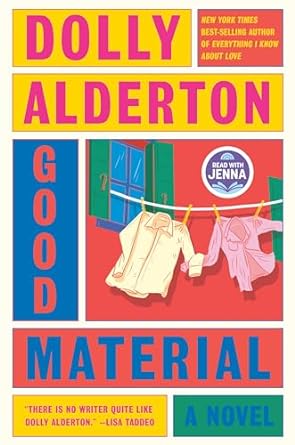
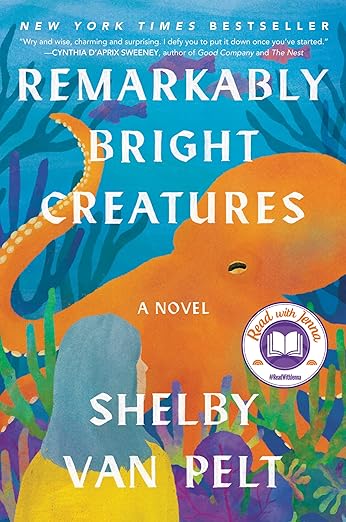
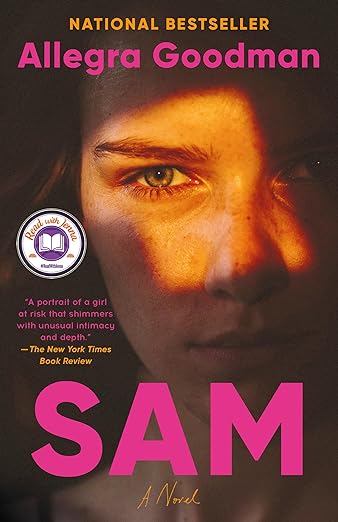
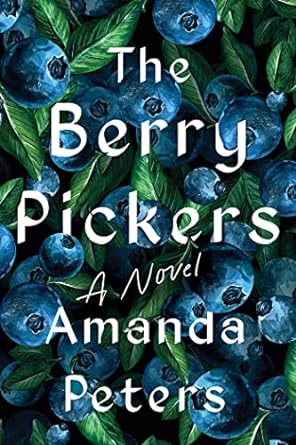
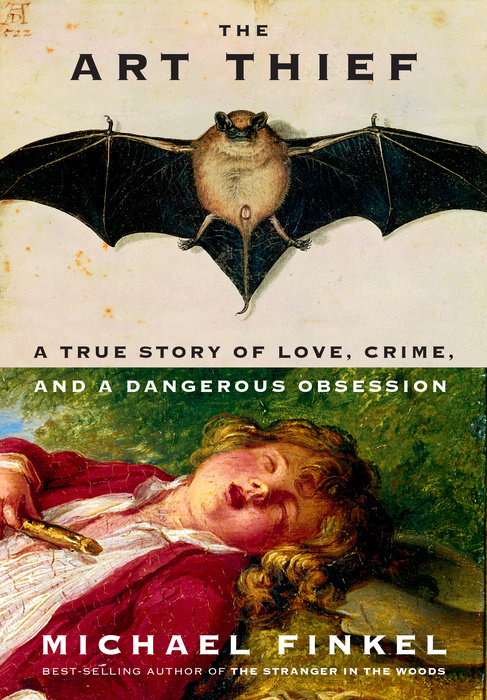
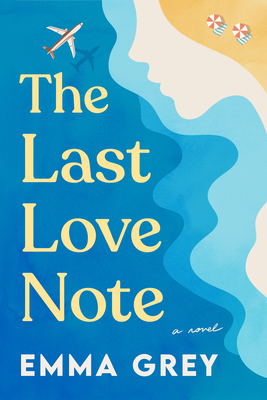
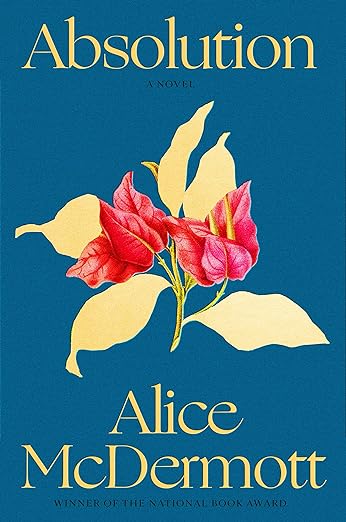
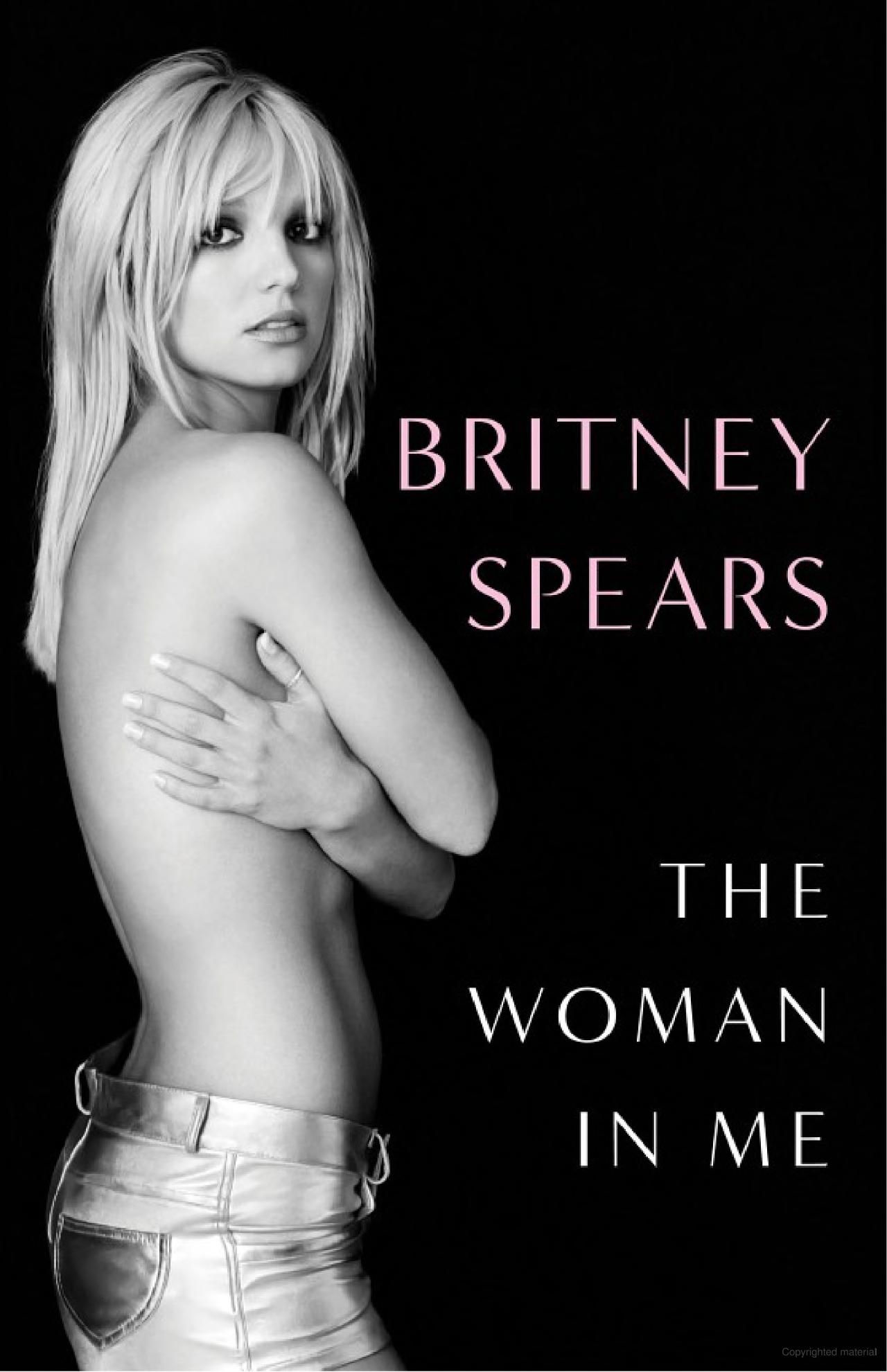
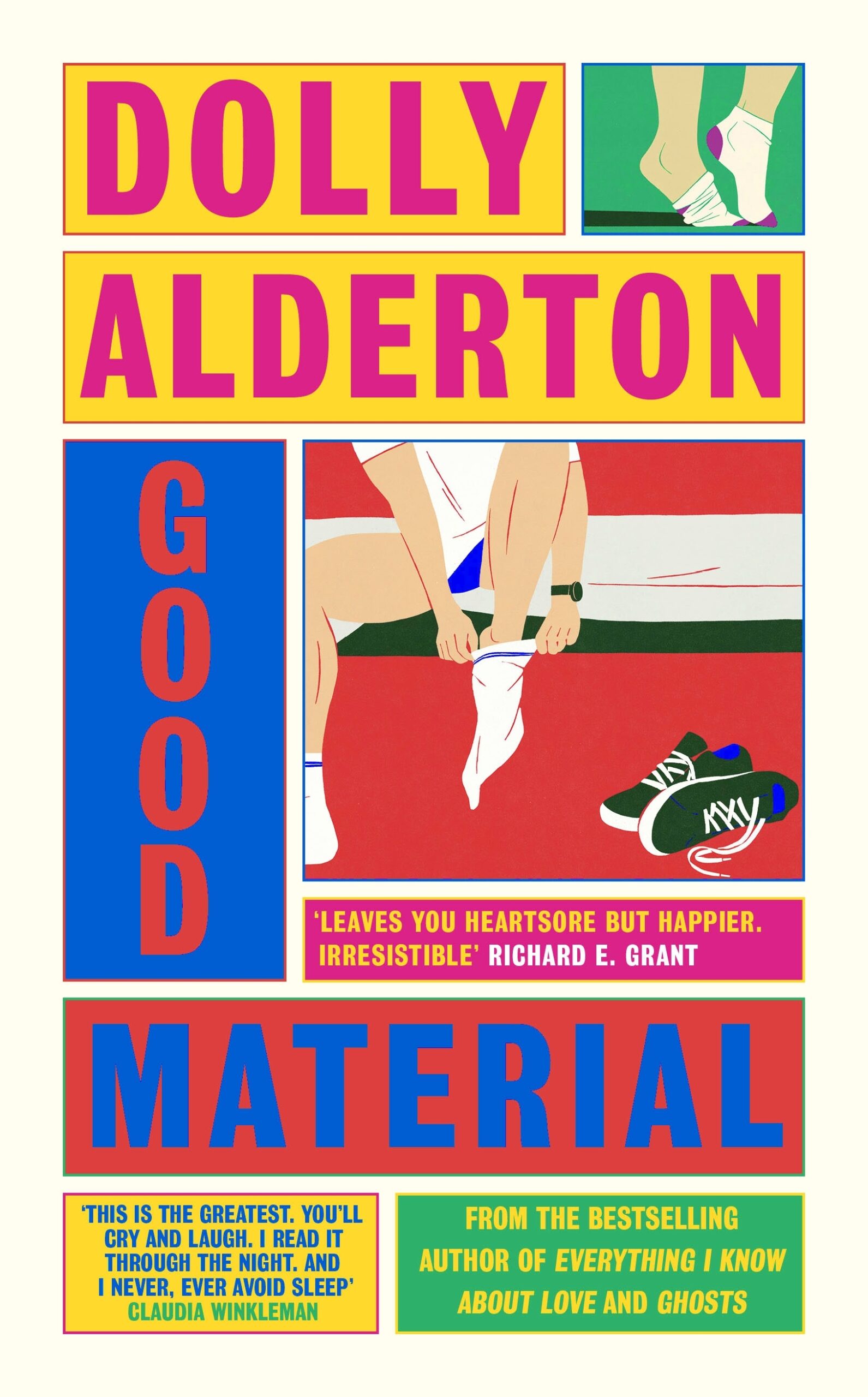
About Me
I have been blogging about books here at Everyday I Write the Book since 2006. I love to read, and I love to talk about books and what other people are reading.